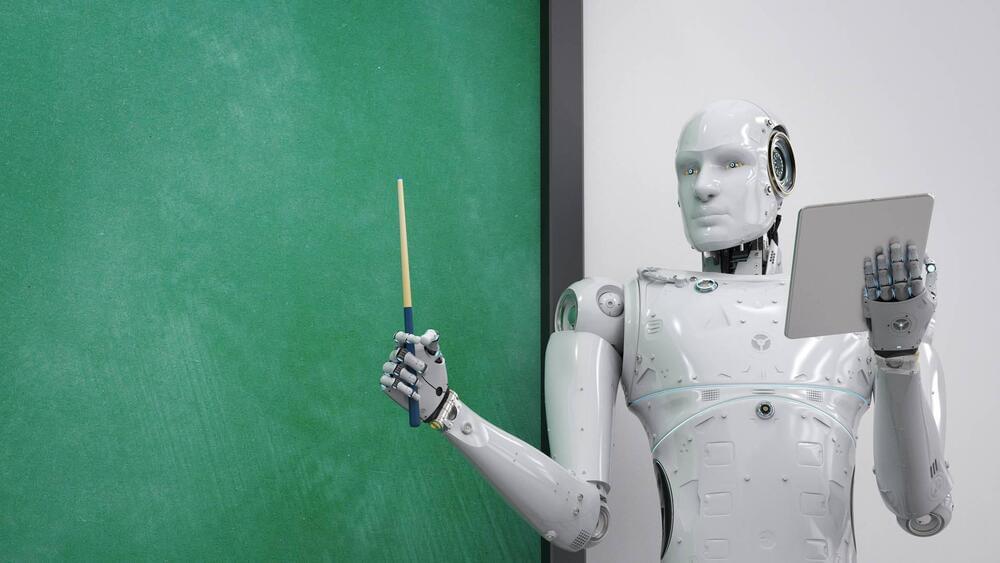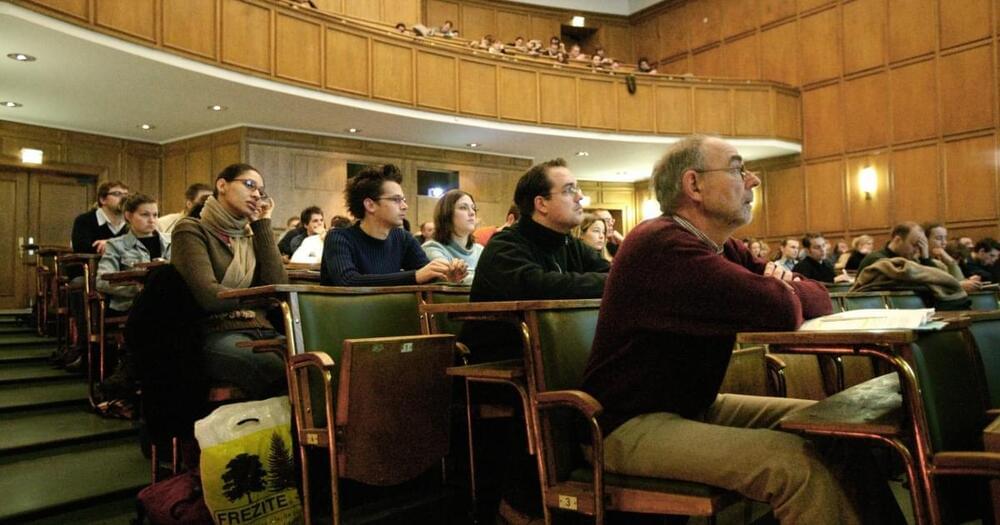Head to https://linode.com/scishow to get a $100 60-day credit on a new Linode account. Linode offers simple, affordable, and accessible Linux cloud solutions and services.
Scientists like to measure things, but they’ve had a heck of a time doing that with sharpness. And even if no one agrees on exactly how to measure it, our search for better tools has recently led to some of the sharpest objects we’ve ever created.
Hosted by: Hank Green (he/him)
———
Support SciShow by becoming a patron on Patreon: https://www.patreon.com/scishow.
———
Huge thanks go to the following Patreon supporters for helping us keep SciShow free for everyone forever: Matt Curls, Alisa Sherbow, Dr. Melvin Sanicas, Harrison Mills, Adam Brainard, Chris Peters, charles george, Piya Shedden, Alex Hackman, Christopher R, Boucher, Jeffrey Mckishen, Ash, Silas Emrys, Eric Jensen, Kevin Bealer, Jason A Saslow, Tom Mosner, Tomás Lagos González, Jacob, Christoph Schwanke, Sam Lutfi, Bryan Cloer.
———
Looking for SciShow elsewhere on the internet?
SciShow Tangents Podcast: https://scishow-tangents.simplecast.com/
TikTok: https://www.tiktok.com/@scishow.
Twitter: http://www.twitter.com/scishow.
Instagram: http://instagram.com/thescishowFacebook: http://www.facebook.com/scishow.
#SciShow #science #education #learning #complexly.
———
Sources:
https://www.tf.uni-kiel.de/matwis/amat/iss/kap_c/backbone/rc_2_4.html.
https://onlinelibrary.wiley.com/doi/abs/10.1111/j.1524-4725.1982.tb01093.x.
https://www.proquest.com/openview/ecab7dfbc6c1cfec6fabf4d0f7…e=gscholar.
https://www.sciencedirect.com/science/article/pii/S0003687006000238
https://physics.aps.org/articles/v9/155
https://www.guinnessworldrecords.com/world-records/sharpest-object-man-made.
https://books.google.com/books?id=gDflDwAAQBAJ&pg=PA71&lpg=P…le&f=false.
https://pubmed.ncbi.nlm.nih.gov/12124714/
https://www.jstor.org/stable/44159720?read-now=1#page_scan_tab_contents.
https://www.ncbi.nlm.nih.gov/pmc/articles/PMC3380774/
https://www.sciencefocus.com/science/whats-the-sharpest-knife-in-the-world/
https://www.sciencedirect.com/science/article/pii/S0924013604007022
https://www.sciencedirect.com/science/article/pii/S0013794406004073
https://www.scientific.net/KEM.293-294.769
https://www.sciencedirect.com/science/article/pii/S0020740318322665
https://www.cambridge.org/core/journals/robotica/article/abs…7BAFBA8B6F
https://link.springer.com/content/pdf/10.1007/s10816-022…;0.pdf?pdf.
Images:
https://commons.wikimedia.org/wiki/File: Crater_knife_edge.jpg.
https://www.researchgate.net/figure/Artificial-sapphire-scal…_354874023
https://www.southampton.ac.uk/biu/galleries/sem.page.
https://commons.wikimedia.org/wiki/File: Obsidian_blade_mounted_in_ornamental_handle,_from_Admiralty_Wellcome_M0015133.jpg.
https://commons.wikimedia.org/wiki/File:Blade_MET_VS1994_35_468.jpeg.
https://commons.wikimedia.org/wiki/File:Macro_sewing_machine_needles.jpg.
https://commons.wikimedia.org/wiki/File:Beveled_tip_of_a_hyp…14_005.JPG
https://www.researchgate.net/figure/SEM-image-of-a-carbon-na…2_51450738
https://commons.wikimedia.org/wiki/File:Scanning_Tunneling_M…ematic.svg.
https://commons.wikimedia.org/wiki/File:%D0%9E%D0%B4%D0%BD%D…%D0%B0.jpg.
https://commons.wikimedia.org/wiki/File:Prehistoric_Denmark_…51010).jpg




